Gay Venezuelan Alleges Torture in El Salvador Prison
Andry José Hernández Romero says he was beaten, starved, and sexually abused while imprisoned at El Salvador's CECOT facility after being deported from the U.S.

“It was an encounter with torture and death,” said Andry José Hernández Romero, the gay Venezuelan makeup artist and costume designer who was deported to El Salvador and imprisoned at the notorious CECOT prison after seeking asylum in the United States.
Hernández Romero, 32, told journalists at his family home in Nuevo Capacho, Venezuela, that he and fellow prisoners were subjected to torture, starvation, and sexual abuse. He was freed along with more than 250 other Venezuelan migrants as part of a prisoner swap.
Many of the deportees were accused of having ties to the Venezuelan gang Tren de Aragua, which U.S. President Donald Trump called an “invading force” threatening national security — a justification he used to invoke the rarely used 1798 Alien Enemies Act, which allows presidents to detain or deport citizens of an enemy country.
Salvadoran President Nayib Bukele, a Trump ally, agreed to house the deportees at the notorious maximum-security prison in Tecoluca, El Salvador. Built to “disappear” enemies of the state, mainly gang members, the facility has become infamous for human rights abuses.
Immigration authorities accused Hernández Romero of belonging to Tren de Aragua because of his tattoos, which they claimed were gang symbols. In reality, the snake and crown tattoos honored his parents and the “Reyes Magos de Capacho” religious festival in his hometown, where he has participated since childhood.
At CECOT, Hernández Romero said he and other Venezuelan detainees were beaten, shot with rubber bullets, kept in dark cells, and served rotten food.
“Many of our fellows have wounds from the nightsticks; they have fractured ribs, fractured fingers and toes, marks from the handcuffs, others have marks on their chests, on their face … from the projectiles,” he told journalists.
In a video aired on Venezuelan state television, Hernández Romero alleged that guards at CECOT sexually abused him.
“Thank you for bringing us back here,” Hernández Romero said in his videotaped statement, which echoed pro-government propaganda. “Thank you for fighting for us, our fellow Venezuelans. For bringing those 252 people who were there, enduring torture, physical abuse, and psychological abuse. In my particular case, I was sexually abused by the same Salvadoran authorities who guarded me 24/7.
“In our minds as Venezuelans, we believed we had been killed forever. We believed we would never see our families again. A land we should never have left. A land we should never leave. Why? Because you are giving us a new opportunity to return to this beautiful nation, to return to our homeland. To the homeland that only you can give us. Thank you very much.”
Venezuelan Attorney General Tarek Saab said his office will investigate Bukele over alleged abuses of Venezuelan nationals. Bukele’s office has not responded to requests for comment on the alleged torture, according to Reuters.
White House spokeswoman Abigail Jackson referred questions about the alleged mistreatment to El Salvador’s government. The U.S. Department of Homeland Security dismissed the abuse allegations, calling the migrants “criminal, illegal gang members.”
Hernández Romero fled Venezuela last year to seek asylum in the United States, fearing persecution for being gay and for opposing the country’s authoritarian government.
Lindsay Toczylowski, co-founder and CEO of the Immigrant Defenders Law Center — which campaigned for Hernández Romero’s release and requested a wellness check on him — told The Advocate that his detention could set a dangerous precedent, illustrating “a really dark foreshadowing of where we’re going as a country if this is allowed to stand.”
Toczylowski said that Hernández Romero still faces danger and could be targeted for the same persecution he sought to escape or for leaving Venezuela in the first place. Her team is exploring third-country relocation, but options may be limited by his lack of freedom of movement under President Nicolás Maduro’s regime.
Hernández Romero may also be placed under heavy surveillance by government authorities to prevent him from trying to flee the country again.
For now, Hernández Romero says he is simply happy to be reunited with his family. He told Reuters he was moved to learn that relatives and friends held vigils and campaigned for his release from CECOT.
“It fills me with so much peace, so much comfort, so much tranquility that I was never alone, from day one,” he said. “There were many people who worried for me.”
Support Metro Weekly’s Journalism
These are challenging times for news organizations. And yet it’s crucial we stay active and provide vital resources and information to both our local readers and the world. So won’t you please take a moment and consider supporting Metro Weekly with a membership? For as little as $5 a month, you can help ensure Metro Weekly magazine and MetroWeekly.com remain free, viable resources as we provide the best, most diverse, culturally-resonant LGBTQ coverage in both the D.C. region and around the world. Memberships come with exclusive perks and discounts, your own personal digital delivery of each week’s magazine (and an archive), access to our Member's Lounge when it launches this fall, and exclusive members-only items like Metro Weekly Membership Mugs and Tote Bags! Check out all our membership levels here and please join us today!







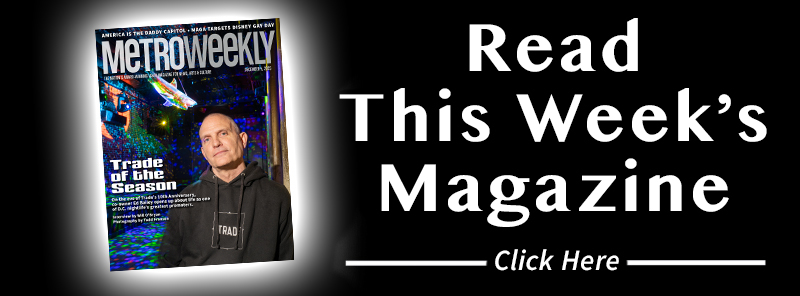


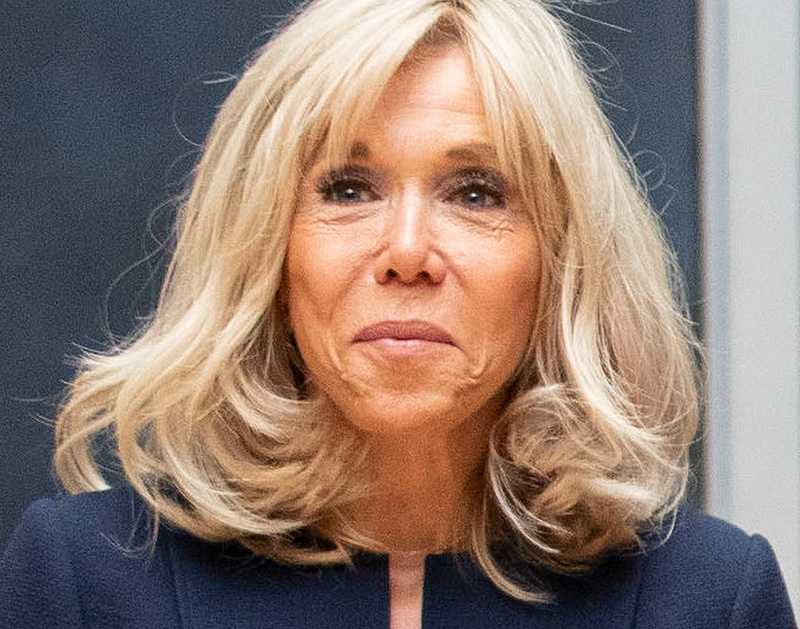












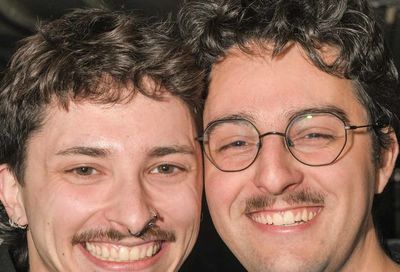
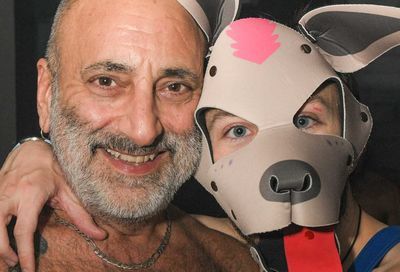
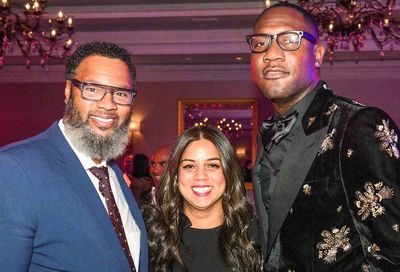
You must be logged in to post a comment.